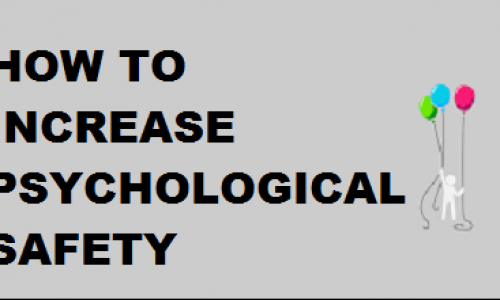'Dealing with colleagues who don’t listen is both hard and frustrating,' says Sabina Nawaz, a global CEO and executive coach.
'When someone is not fully present, it erodes the quality of what you say.' The experience might, for instance, 'cause you to lose your train of thought' or 'suppress what you originally planned to communicate.' It is also possible that 'you could get derailed into the drama of why it’s happening,' she adds.
It’s a challenge to work with people — peers, junior colleagues, or even bosses — who just don’t listen and it is imperative to address the issue.
Here are some strategies for working with colleagues who never seem to be listening.
* While some of your colleagues may be flaky space cadets who are unable to pay attention, it’s also possible that they may be more visual people who have difficulty processing oral instructions.
'Try to be a 'flexible' and understanding conversation partner, Nawaz adds. 'You need to use your colleague’s time efficiently.'
* Putting up with a colleague who is a bad listener often causes you to 'look in the mirror' and 'question whether you are a good listener yourself,' says Christine Riordan, president of Adelphi University and a leadership coach.
'Bad rolemodels are as instructive as good ones,' she adds.
As part of this soul-searching, it’s wise to reflect on how you approach professional conversations and what you could do to improve, Nawaz says.
* One way to encourage your colleagues to listen better is by practicing 'empathetic listening,' Riordan says.
Nawaz recommends taking notes while your colleague is speaking.
Highlight the magnitude of your message
Emphasising the importance of your message up front can help as well.
It’s also important to hold your colleague 'accountable' for listening, Nawaz says.
* Calling out the bad behavior of a colleague is generally fraught. But it can be done if you come at it from a 'point of empathy' and compassion, Nawaz says.
Addressing the issue directly by telling them that they are not hearing what people have to say. Be sure to 'cite an example where your colleague didn’t listen and it had negative consequences for the team,' Riordan says.
Courtesy: www.hbr.org
Arghaa Hr Technologies
Arghaa HR Technologies flagship division of Arghaa HR Solutions LLP is a Management Business Process Organization managed by highly stupendous professionals from across industries, is bound towards facilitating Organizational Renovation, Managing Human Side Changes eventually creating.
Arghaa Hr Technologies, Flat no1, shreenath apartment, sevilimedu
Kanchipuram
Tamilnadu
631502
India
Kanchipuram
Tamilnadu
631502
India



